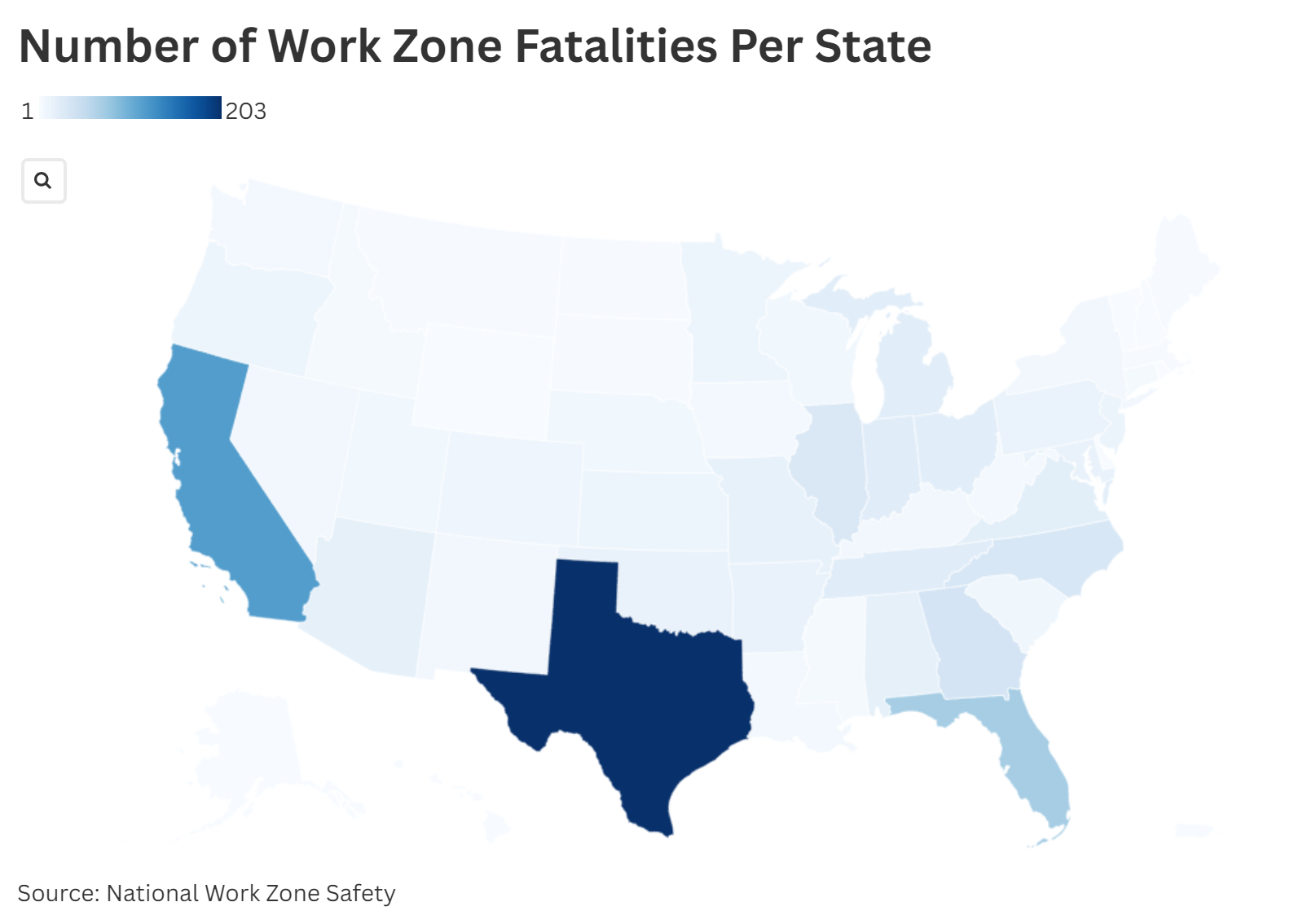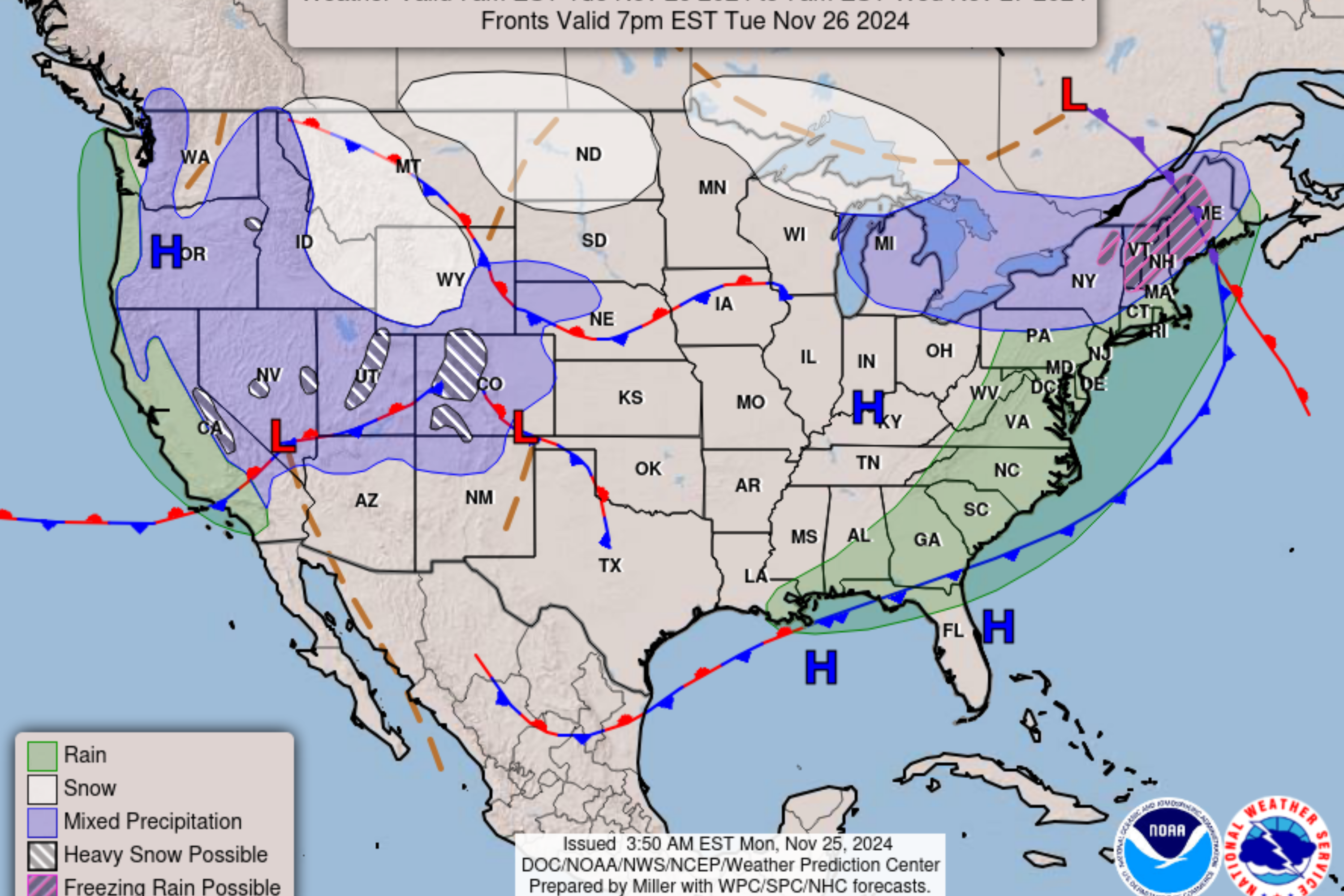Drinking raw milk has become standard practice among some conservatives, sparking a debate over its safety.
Robert F. Kennedy Jr., whom President-elect Donald Trump has nominated to lead the Department of Health and Human Services, has said he drinks only raw milk.
Republicans have long touted the benefits of raw milk, and last month, Georgia Representative Marjorie Taylor Greene wrote on X, formerly Twitter, "Raw milk does a body good."
The Food and Drug Administration disagrees. In a May fact sheet outlining the dangers of raw milk, it said, "Unpasteurized milk can pose a serious health risk." The agency has also disputed that raw milk can help with asthma, allergies, immune systems or gut health.
Newsweek has looked at arguments for and against drinking raw milk.
What Is Raw Milk?
Milk that has not undergone the heating and pasteurization process to remove salmonella, E. coli, listeria and other potentially harmful bacteria and viruses is known as raw milk.
In the U.S., the popularity of raw milk has grown recently, with the University of Delaware reporting that sales rose by 21 percent in 2024.
Most pasteurized milk has been heated to above 161 degrees Fahrenheit for at least 15 seconds, but the exact temperature and time can vary, according to the International Dairy Foods Association.
Arguments for Raw Milk
The Raw Milk Institute, while comparing raw milk to breast milk, said both "contain a wide variety of essential nutrients, fats, proteins, anti-inflammatory and digestive enzymes, bioavailable vitamins, and minerals."
The organization, citing "large epidemiological studies," said the consumption of raw milk correlated with lower rates of asthma, allergies, eczema, fevers and respiratory infections. It also said raw milk could help with gut health and antibiotic recovery. The FDA has disputed these claims.
In a 2019 letter to medical professionals, the Raw Milk Institute argued that raw milk made for human consumption was safe because of the health measures taken during its production.
The organization wrote: "It is true that raw milk produced as 'intended for pasteurization' and sourced from Concentrated Animal Feeding Operations (CAFOs) is generally unsanitary and unsafe to consume raw. Such milk is being produced in conditions where animal health is compromised, antibiotics are utilized, hormones are used to stimulate higher levels of milk production, there is an abundance of manure, and there is a corresponding high rate of pathogens.
"This type of milk is generally commingled with milk from multiple dairies, which increases the risk of pathogenic exposure. This type of raw milk is actually defined under the Grade A Pasteurized Milk Ordinance. At the Raw Milk Institute, we agree that consumption of this type of raw milk is high risk.
"However, raw milk that is carefully and intentionally produced for direct human consumption is a low-risk food with superb nutritional benefits. This type of raw milk is wholly different from raw milk being produced in unhygienic conditions.
"Raw milk intended for direct human consumption is produced in sanitary conditions, with much care to ensure that the animals are healthy and that the milk is clean. This type of raw milk is tested often and held to rigorous standards to ensure that it is being produced in a way that discourages pathogen growth."
Newsweek has contacted the Raw Milk Institute for comment via email.
Arguments Against Raw Milk
The FDA has warned against raw milk, as it can carry germs such as salmonella, E. coli, listeria and campylobacter, which "can seriously injure the health of anyone who drinks raw milk or eats products made from raw milk."
The agency said the germs "can be especially dangerous to people with weakened immune systems," such as transplant patients, people with HIV/AIDS and pregnant women.
According to the Centers for Disease Control and Prevention, between 1993 and 2012, there were 127 outbreaks linked to raw milk or raw milk products—such as ice cream, soft cheese or yogurt—that resulted in 1,909 illnesses and 144 hospitalizations.
Kennedy has argued that the FDA's warnings about raw milk are part of its "war on public health," which he said included "its aggressive suppression of psychedelics, peptides, stem cells, raw milk, hyperbaric therapies, chelating compounds, ivermectin, hydroxychloroquine, vitamins, clean foods, sunshine, exercise, nutraceuticals and anything else that advances human health and can't be patented by Pharma."
FDA’s war on public health is about to end. This includes its aggressive suppression of psychedelics, peptides, stem cells, raw milk, hyperbaric therapies, chelating compounds, ivermectin, hydroxychloroquine, vitamins, clean foods, sunshine, exercise, nutraceuticals and anything…
— Robert F. Kennedy Jr (@RobertKennedyJr) October 25, 2024Newsweek has contacted Kennedy and the FDA for comment via email.
Some conservatives have spoken out against the growing popularity of raw milk. Media personality Matt Walsh wrote on X in September: "Raw milk is disgusting. We live in a first world civilized society and people are actively choosing to consume milk riddled with E. coli and listeria. Pasteurization is not some evil sorcery. It just kills the dangerous bacteria you morons."
Raw milk is disgusting. We live in a first world civilized society and people are actively choosing to consume milk riddled with E. coli and listeria. Pasteurization is not some evil sorcery. It just kills the dangerous bacteria you morons. https://t.co/xgZgXvxWAu
— Matt Walsh (@MattWalshBlog) September 1, 2024Raw Farm, in Fresno, California, has voluntarily recalled some of its products after H5N1 bird flu was detected in samples.
The Santa Clara County Public Health Department detected the virus during routine testing of raw milk samples from retail stores. The department detected the virus on November 21, and the following day, the county contacted retailers to recommend that the affected products be pulled from shelves.
According to the California Department of Public Health, no illnesses related to the recall have been reported, but it advises consumers, "out of an abundance of caution," not to drink the affected milk. Affected products should be returned to the retail point of purchase for a replacement or refund.
The FDA has stressed that it is not known whether the highly pathogenic avian influenza H5N1 virus can be transmitted to humans through the consumption of raw milk.
Still, it added: "Pasteurization is a proven process with a long history of protecting public health and is highly effective at eliminating the dangers associated with consuming raw milk."
The California Department of Food and Agriculture has been running weekly testing of raw milk in bulk tanks since H5N1 was first detected in California dairy farms. Following this positive test in Raw Farm's products, the CDFA ran tests at both of the company's locations. While the tests for the virus were negative, the CDFA plans to continue testing for bird flu twice a week.




















 English (US) ·
English (US) ·